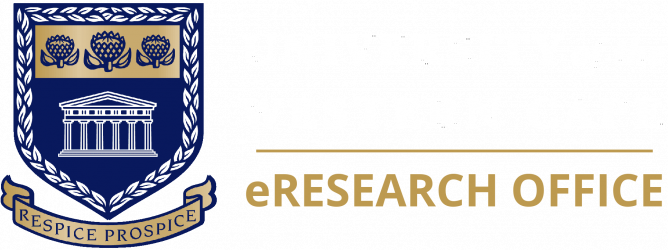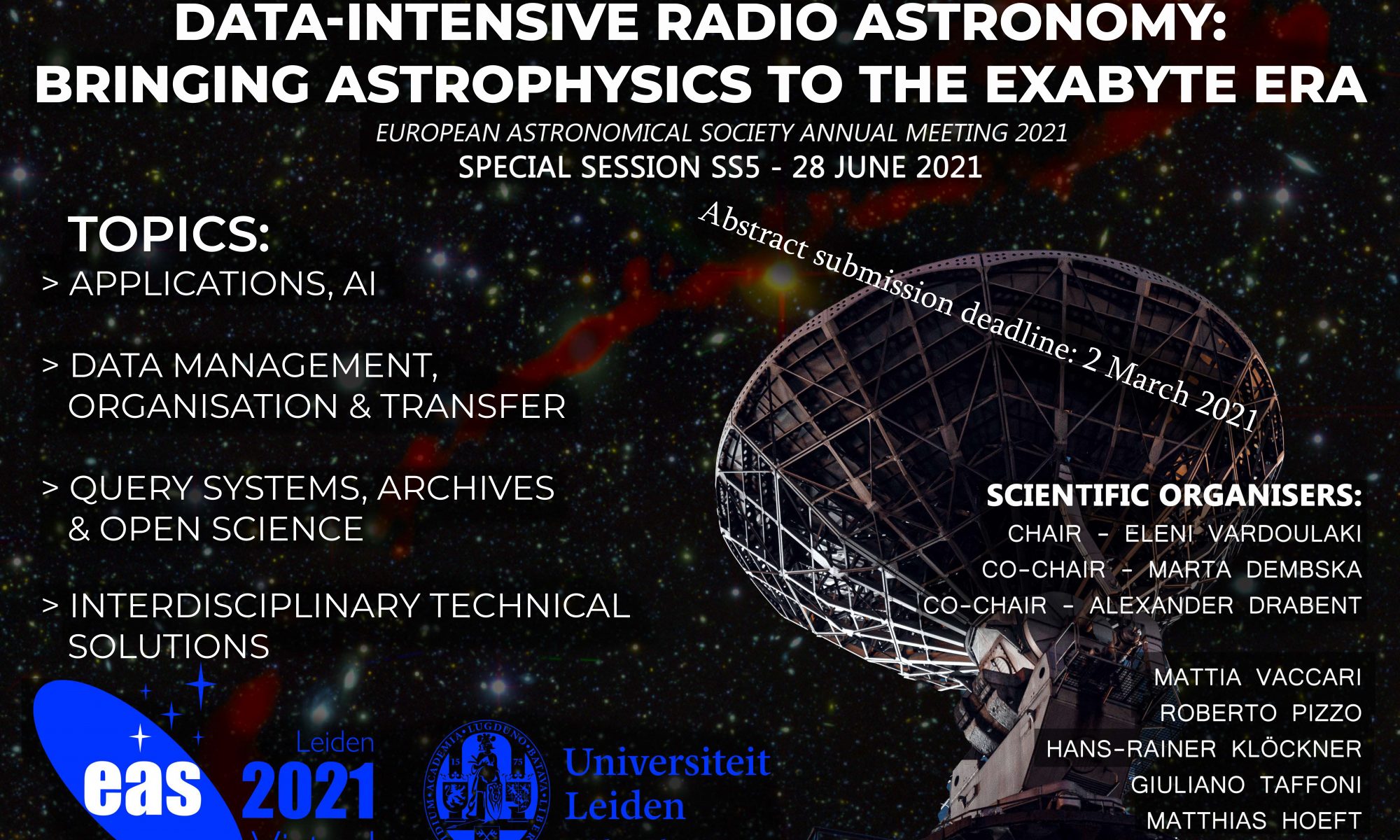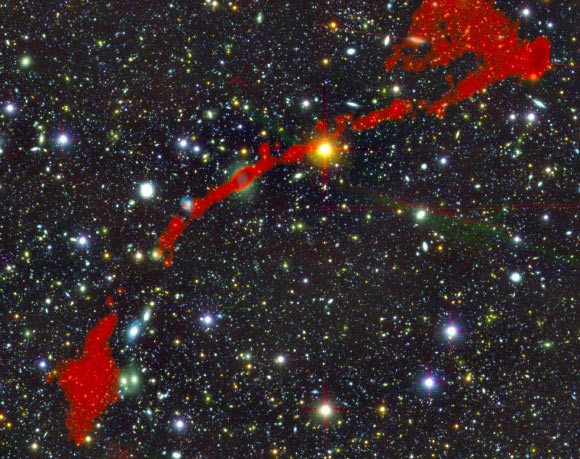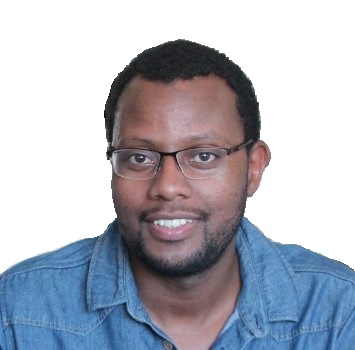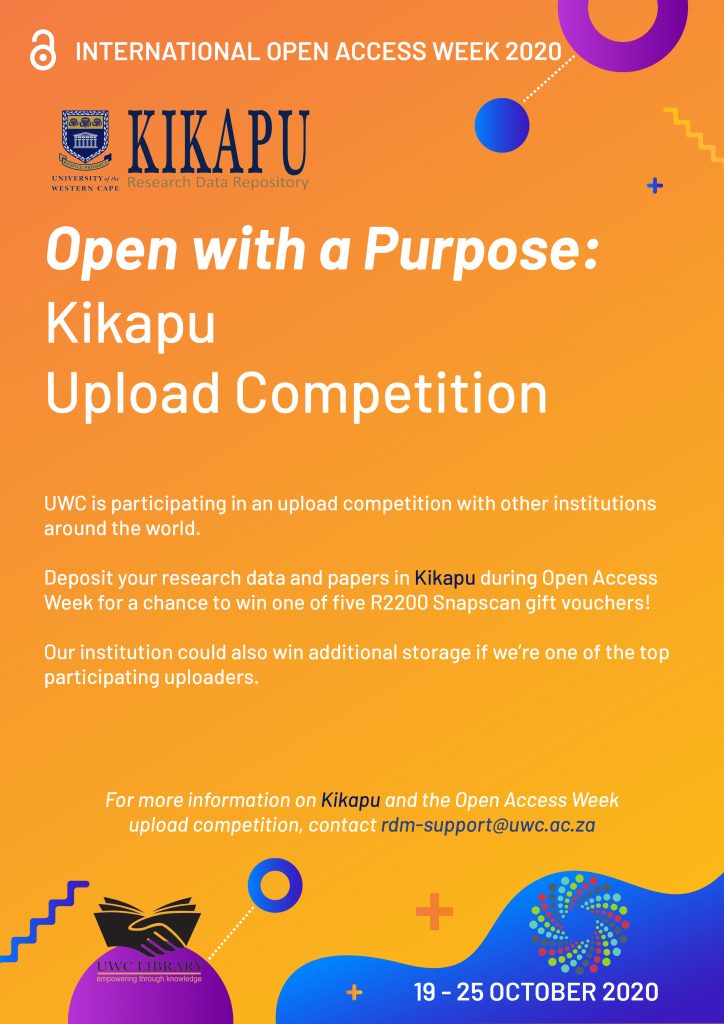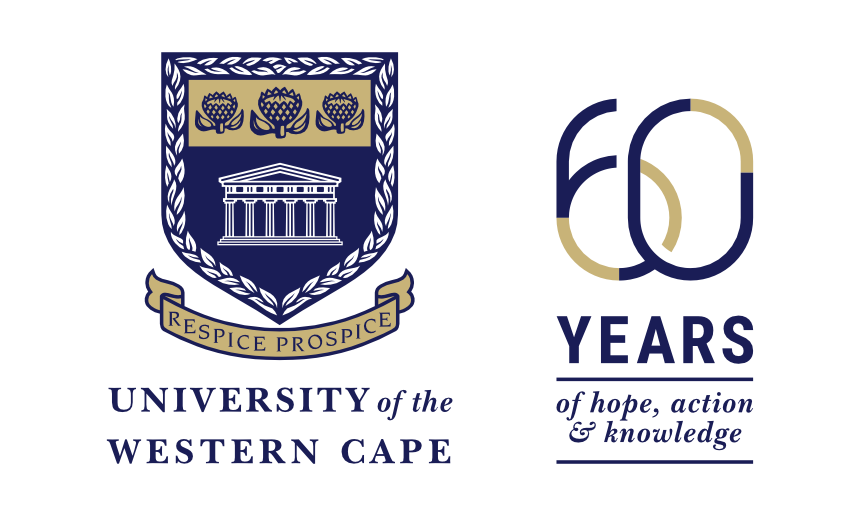SKIES (SKilled, Innovative and Entrepreneurial Scientists) is an EU-funded project launched at the beginning of March. It aims to provide PhD and young doctoral researchers in the field of astronomy with new transferable skills for academia and industry, integrating open science, social innovation and entrepreneurship topics.
Leiden University in the Netherlands is leading the project, and local PI Dr Lucia Marchetti (from UCT’s Astronomy department) is the lead for the South African involvement of the initiative. eResearch Director and Astroinformatics Research Professor Mattia Vaccari is involved in the project too, along with SARAO. The project will run for 18 months.
“While an advanced degree in STEM subjects has long been an excellent basis for a career e.g. in the tech industry, most graduates still have to pick up additional skills along the way. The SKIES project aims to bridge this gap by enabling Astronomy PhD students to build upon their strengths to develop into well-rounded scientists and professionals. This is particularly important for SA in the increasingly global talent search of the 4IR era”, says Prof Vaccari.
SKIES will be implemented in astronomy research organisations around the world, including South Africa, Germany, The Netherlands, Poland and Portugal, reaching 500 astronomy graduate students and young researchers. A Train-the-Trainer programme will build the capacity of the teaching staff in each partner country so that they have the knowledge and tools to continue the programme beyond the lifetime of the project.
“I am thrilled to be able to offer this opportunity to our PhD candidates. Their astronomy training already provides them many theoretical skills they can apply into a job outside academia, like programming and problem-solving. With this training, we will now show them how they can best exploit and translate their knowledge into a job beyond astronomy. In this way we will ensure that all our astronomy students are fully equipped for whichever path they decide to take after their PhD”, says local PI Dr Lucia Marchetti.
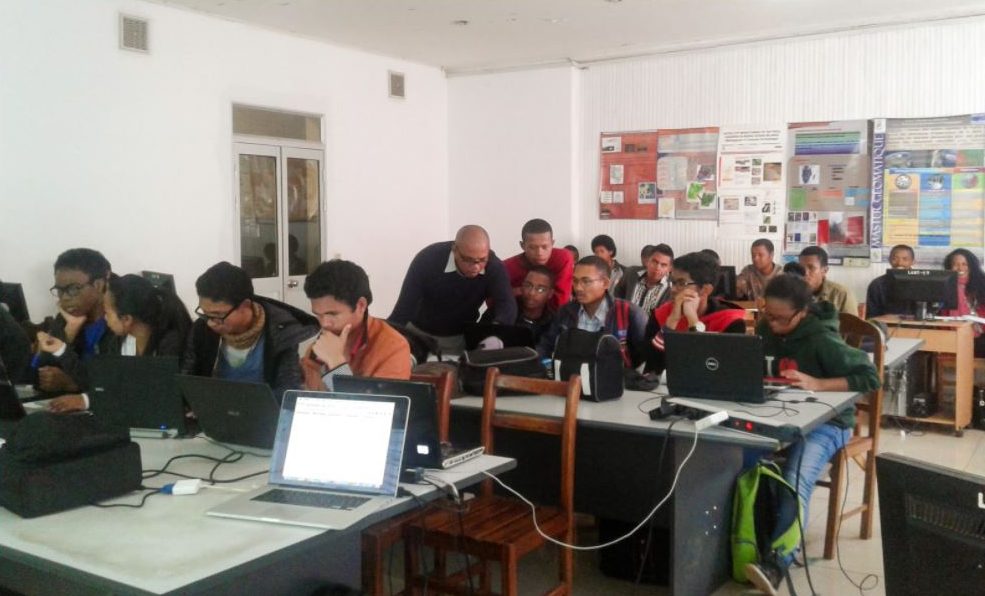
“The South African Radio Astronomy Observatory (SARAO) supports this exciting collaboration, which gives doctoral students the necessary skills for a smoother transition from academia to industry. It is expected that the SKIES project will lead to increased employability of doctoral students in industry or through entrepreneurship, who will be effectively working on high-impact areas to benefit broader society on the African continent. We look forward to implementing this training and development opportunity with our South African and European partners.”, says Dr Bonita de Swardt, SARAO Programme Manager: Strategic Partnerships for Human Capital Development.
The project summary can be viewed here.
